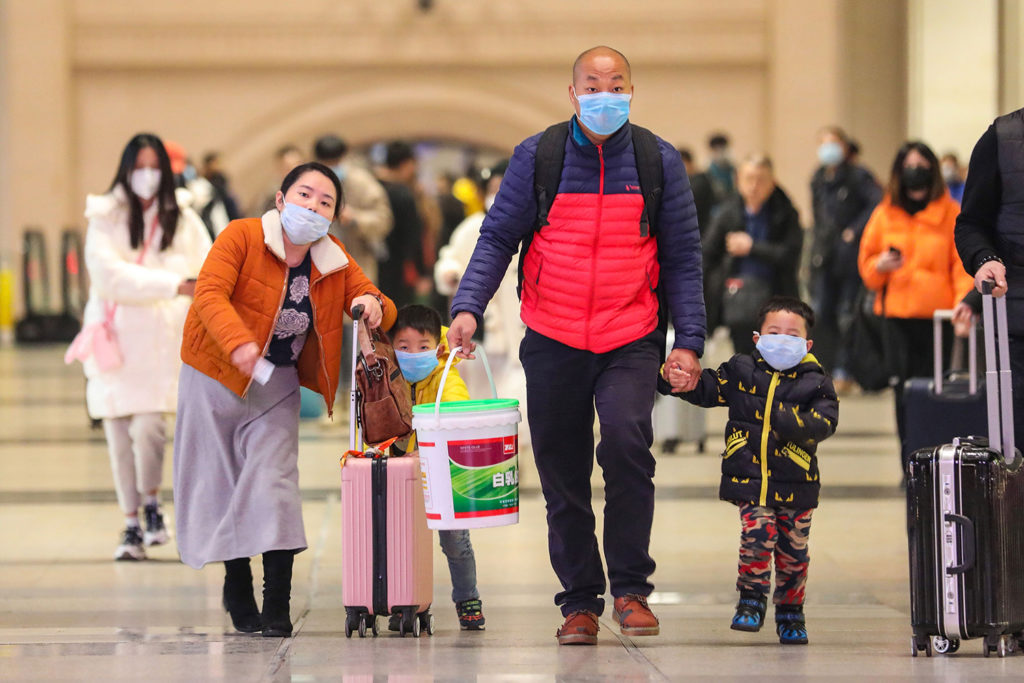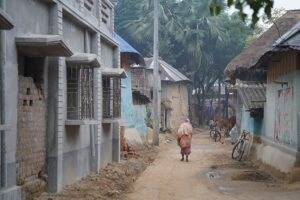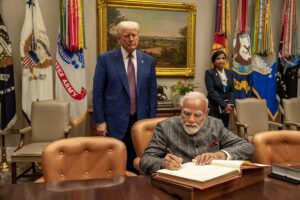‘Highly Speculative’ To Say COVID Didn’t Emerge In China: WHO

FILE PHOTO: A family wearing face masks walks in Wuhan's Hankou railway station in the Hubei province, China
The World Health Organization’s top emergency expert said on Friday it would be “highly speculative” for the WHO to say the coronavirus did not emerge in China, where it was first identified in a food market in December last year.
China is pushing a narrative via state media that the virus existed abroad before it was discovered in the central city of Wuhan, citing the presence of coronavirus on imported frozen food packaging and scientific papers claiming it had been circulating in Europe last year.
“I think it’s highly speculative for us to say that the disease did not emerge in China,” Mike Ryan said at a virtual briefing in Geneva after being asked if COVID-19 could have first emerged outside China.
“It is clear from a public health perspective that you start your investigations where the human cases first emerged,” he added, saying that evidence might then lead to other places.
He repeated that the WHO intended to send researchers to the Wuhan food market to probe the virus origins further.
The WHO has been accused by the Trump administration of being “China-centric”, allegations it has repeatedly denied.
Meanwhile, a large study adds to evidence that people with type O or Rh−negative blood may be at slightly lower risk from the new coronavirus. Among 225,556 Canadians who were tested for the virus, the risk for a COVID-19 diagnosis was 12% lower and the risk for severe COVID-19 or death was 13% lower in people with blood group O versus those with A, AB, or B, researchers reported on Tuesday in Annals of Internal Medicine.
People in any blood group who were Rh-negative were also somewhat protected, especially if they had O-negative blood. People in these blood type groups may have developed antibodies that can recognize some aspect of the new virus, co-author Dr. Joel Ray of St. Michael’s Hospital in Toronto told Reuters.
“Our next study will specifically look at such antibodies, and whether they explain the protective effect,” Ray said.
Whether or how this information might influence COVID-19 prevention or treatment is still unclear.





